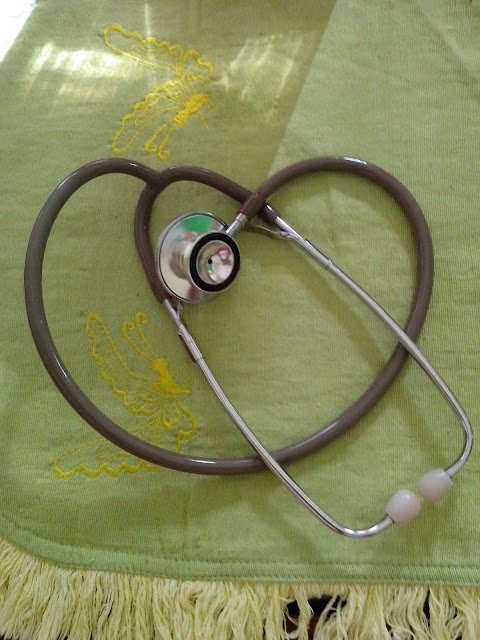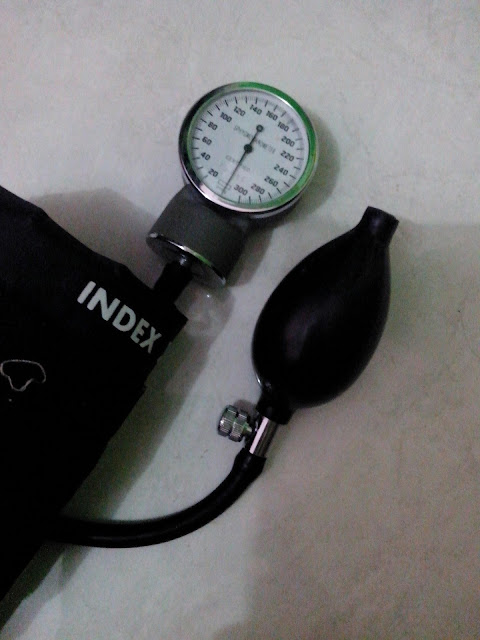A stethoscope is a medical device for listening to sounds inside the body. The initial stethoscope was invented in the early 19th century by French physician Ren� Laennec, but was actually trying to achieve a rather different end: doctor-patient distance....
Sunday, April 6, 2014
Geriatric Care
Today, people live longer than ever before. Although 40% of people
over age 65 may occasionally require a stay in an extended-care facility, only
5% of elderly people require long-term supervised care; the rest can maintain
their independence. However, about 80% of elderly people have at least one
chronic health problem—usually arthritis, heart or respiratory disease,
hypertension, or impaired vision or hearing. These problems commonly occur
simultaneously, straining the patient's and his family's ability to
function.
Geriatric care management is the professional assessment, planning, coordination, supervision and management of healthcare and quality-of-life services. It is a preventive, proactive approach to healthcare that reduces the risk of hospitalizations, nursing home admissions and healthcare costs. Assets can be preserved through planning, cost control and supervision of daily needs.
When caring for an elderly patient, you'll usually implement
procedures similar to those you would use for any other adult. However, you'll
need to take into account the psychosocial, physiologic, and biological changes
that normally occur during aging. Because age-related changes in body function
may affect drug action, you'll need to understand how certain drugs affect
elderly patients. Your aim is to improve compliance and avoid adverse reactions
and interactions.
A geriatric care manager will listen to the concerns of you and your loved one, visit the home and recommend options for improved quality of life, healthcare services and cost containment. Services include:
- Special needs assessment and management
- Creation of a full-spectrum care plan
- Referrals to professionals and specialists
- Coordination of services to maximize quality of life
- Assistance with medical and financial planning
- Daily telephone assurance service
- Healthcare bill auditing, review and payment services
- Surviving spouse programs
- Alternative living arrangement assessment and planning
- Medication management
- Nutrition and dietary management
- Pre- and post-hospitalization care coordination
- Nursing home advocacy
- Video inventory of valuables
- Environment and safety evaluations
- Coordination of in-home help
- Identification and reduction of exploitation risks
- Benefits and entitlements procurement
You'll also help an elderly patient learn to deal with other
concerns, such as falls or urinary or fecal incontinence. While providing
physical care, you may also alert your patient and his family to community
health and social service agencies that can help improve the patient's quality
of life and enable him to remain independent for as long as possible.
Subscribe to:
Comments (Atom)
Powered by Blogger.




